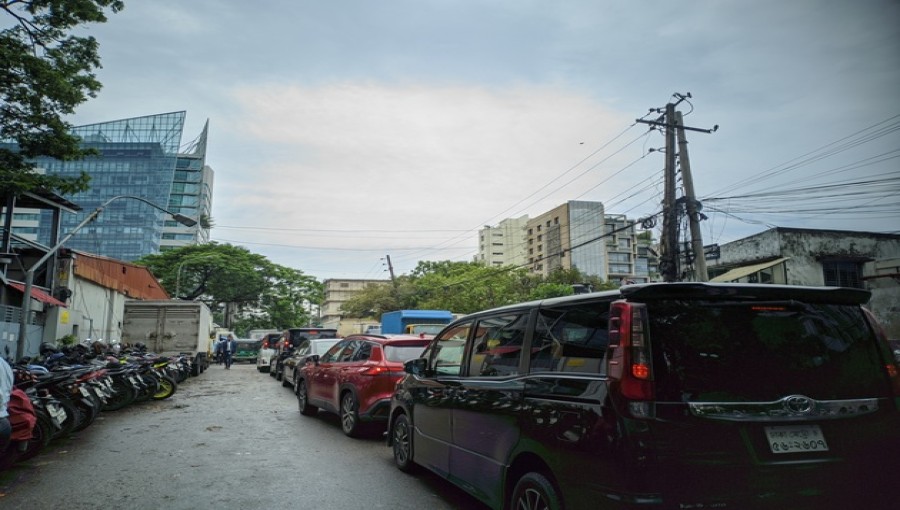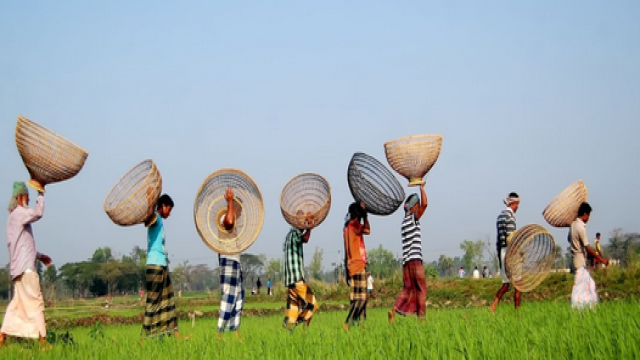The incessant rain brought by Cyclone Remal has significantly improved Dhaka's air quality, pushing it into the "good" category with an Air Quality Index (AQI) score of 38 at 9 am this morning. This improvement has placed Dhaka at 77th on the list of cities worldwide with the worst air quality.
The AQI scale classifies air quality based on the following scores:
- 0-50: Good
- 51-100: Moderate
- 101-150: Unhealthy for sensitive groups
- 151-200: Unhealthy
- 201-300: Very unhealthy
- 301+: Hazardous
India's Delhi, Indonesia's Jakarta, and Pakistan's Lahore currently occupy the top three spots for the worst air quality, with AQI scores of 216, 173, and 162, respectively. The AQI, which reports daily air quality, is used by government agencies to inform residents about how clean or polluted their air is and any potential health risks.
In Bangladesh, the AQI is calculated based on five criteria pollutants: Particulate Matter (PM10 and PM2.5), NO2, CO, SO2, and Ozone.
Dhaka has long struggled with air pollution, with air quality typically worsening in winter due to increased emissions from construction activities, poor road conditions, brick kilns, and other sources. Conversely, air quality tends to improve during the monsoon season.
Air pollution is one of the top risk factors for death and disability globally. Breathing polluted air is linked to a higher risk of developing heart disease, chronic respiratory diseases, lung infections, and cancer, according to various studies.
The World Health Organization (WHO) estimates that air pollution kills around seven million people annually, with most deaths resulting from stroke, heart disease, chronic obstructive pulmonary disease, lung cancer, and acute respiratory infections.































Comment: